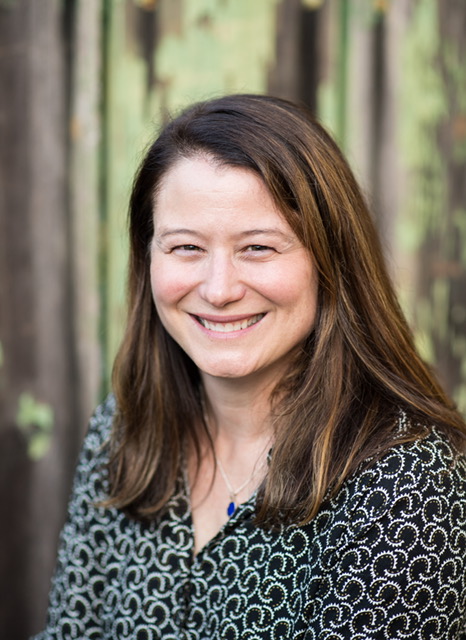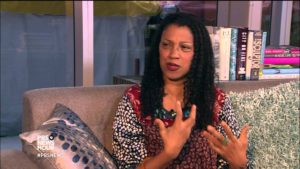A masterpiece? Or tosh? The greats that you hate.
Wednesday, May 2nd, 2018
Jane’s not her thing.
She’s tried. She’s tried again and again. But she cannot love Jane Eyre.
Author Kim Culbertson was the moderator for my onstage discussion of “literary citizenship” with David Kipen, my former editor when I was a critic for the San Francisco Chronicle and afterwards literary director for the National Endowment for the Arts. The occasion was last weekend’s Sierra Poetry Festival. “I have tried to love it many, many times,” she pleaded. “And I hope I make up for it by loving James Joyce and Jane Austen.”
At the opening night festivities the night before, we discussed of the books we’re ashamed we didn’t “get” or didn’t love even if we did. She also warned me of the wide literary disparities in the audience I would be addressing. Some, she said, were intimidated by “critics” – they didn’t yet have confidence in their own literary judgment.
Well, nobody should. Our tastes sharpen and deepen as we read more, think more, feel more. The book we dismissed in our twenties acquires a different meaning in our forties. Half of it is the willingness to voice your opinion, listen to challengers, argue, reread, and maybe admit that you changed your mind.
The classics obviously don’t change; we do. Hence, a few years ago I rediscovered Stendhal‘s The Red and the Black, a book that left me cold when I read it in my teens. Maybe I should even give Don Quixote another go, since I read it first during those same years. But then again, maybe not…

Revered author of a single joke?
Here’s what A.N. Wilson had to say about that august novel. I’ve been reading his biography of John Milton, but though he has incandescent praise for that bard’s epic, the Spanish author leaves him cold: “It is a one-joke book, and it goes on for hundreds of pages.”
“The joke is that a silly old man keeps mistaking events and characters around him, because inside his head, he is living in the romances of Amadis de Gaul. Great amusement is had, both by characters in the book who take delight in mocking, tricking and deriding the silly old man; and by the author, who plainly expects us to join in the sadism.”
The quote is from a recent article in The Spectator, “The Greats We Hate,” that I shared with Kim and others.
Cervantes isn’t the only one who takes a beating. Charles Dickens, Jane Austen, Henry James all get their comeuppance. Take this example, from critic and satirist Craig Brown:
Which classic work do you think this comes from? ‘Her teeth were white in her brown face and her skin and her eyes were the same golden tawny brown. She had high cheek-bones, merry eyes and a straight mouth with full lips. Her hair was the golden brown of a grain field that has been burned dark in the sun but it was cut short all over her head so that it was but little longer than the fur on a beaver pelt.’ Jeffrey Archer? Jackie Collins? Lee Child? I’ll give you one more clue.

Perhaps she needed one, too.
After another 150 pages, the hero finally gets to roll in the heather with the brown-skinned, brown-eyed, brown-haired woman with the straight mouth and the hair like a beaver pelt, ‘and all his life he would remember the curve of her throat with her head pushed back into the heather roots and her lips that moved smally and by themselves’.
Well, my lips move smally and by themselves, and I imagine yours do, too, unless you’re the dog (‘Oh, yuss!’) on the Churchill insurance ad, but it’s not something we boast about. The writer is, in fact, Ernest Hemingway, and the book For Whom the Bell Tolls. It’s described on the cover, by the Observer, as ‘one of the greatest novels which our troubled age will produce’ but it strikes me as soapy old tosh.
In fact the word “tosh” comes up more than once in the piece, though Jane Eyre does not. But Charlotte’s sister Emily Brontë does, with her acclaimed masterpiece Wuthering Heights. Says Executive Director of the Forward Arts Foundation Susannah Herbert, “the sexiness of Heathcliff is much overplayed. He needs a good bath.”
P.D. James, Susan Hill, and many others weigh in. Read the whole thing here.






